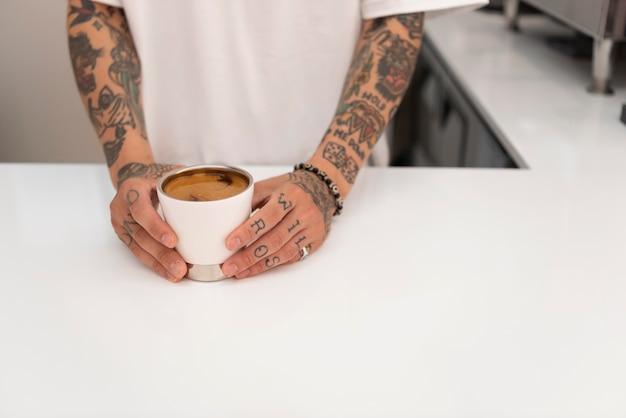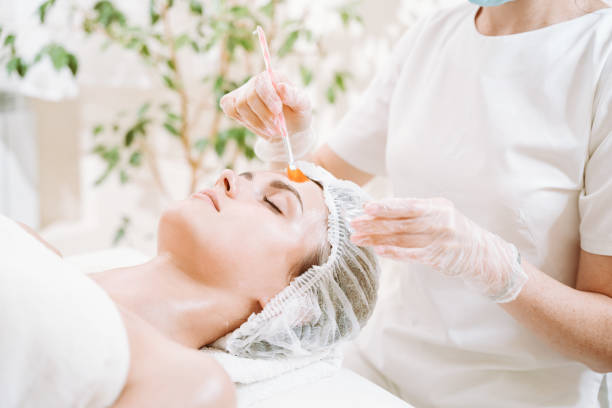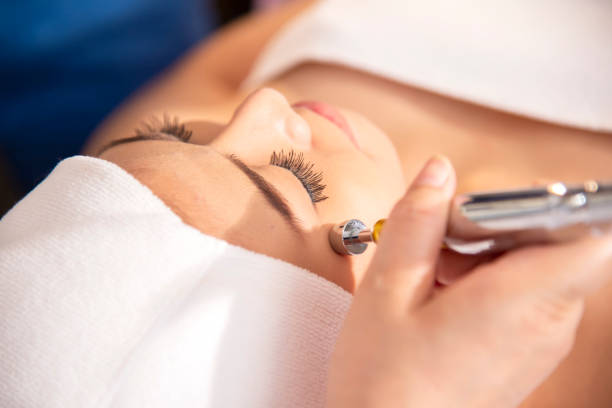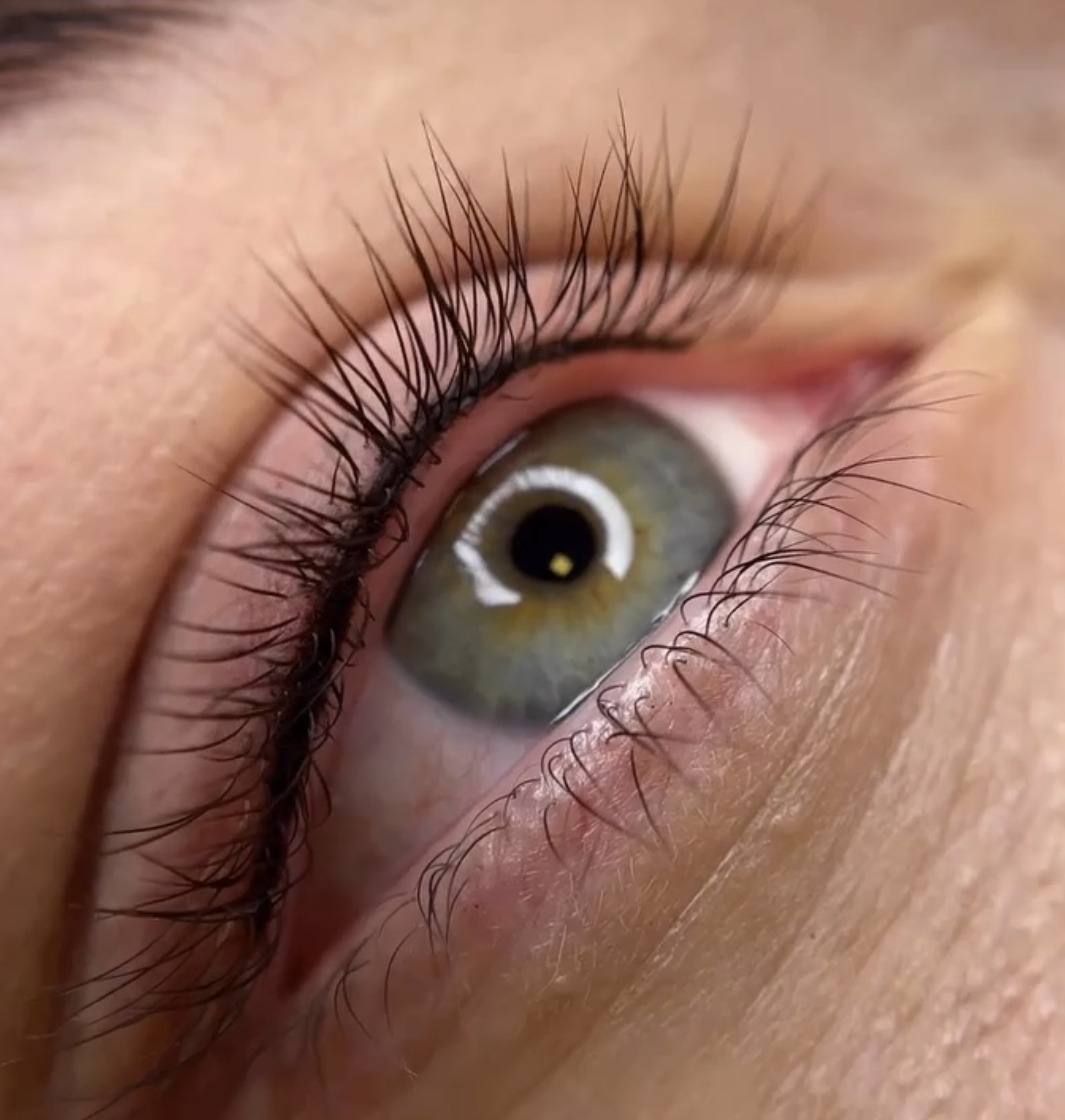Embarking on the artistic journey of tattooing in the vibrant city of Melbourne isn’t just about talent and creativity—it’s also about being prepared with the right tools for your specific focus, such as cosmetic tattooing. As you step into this specialized niche, known for enhancing natural features with permanent makeup solutions, it’s crucial to be equipped with precision tools and supplies that uphold the high standards expected in Melbourne’s dynamic beauty scene. Whether you’re setting up a professional studio or crafting a personal space for cosmetic tattooing Melbourne, understanding the essential equipment is the first step to making your mark in this aesthetically-driven city.
Understanding Tattooing Fundamentals

At the core of starting a tattooing career is a firm grasp of the art itself. Understanding the diverse styles that have evolved through history—from traditional to neo-traditional, Japanese to tribal—is paramount. Aspiring artists should immerse themselves in literature about tattoo culture and consider enrolling in courses that focus on the various tattooing techniques. Several online platforms offer video tutorials and workshops catering to varying skill levels. Observing seasoned tattooists at work and requesting guidance can also provide invaluable learning experiences.
Knowing Health and Safety Regulations
Before the needle meets the skin, a thorough understanding of health and safety practices is critical. To ensure both artist and client safety, stringent sanitary measures must be followed. Artists should be well-versed with local health department regulations and possess certifications in handling bloodborne pathogens and other potentially infectious materials. These certifications are often mandatory and can often be obtained through health departments or recognized online courses.
Setting Up Your Tattoo Workspace
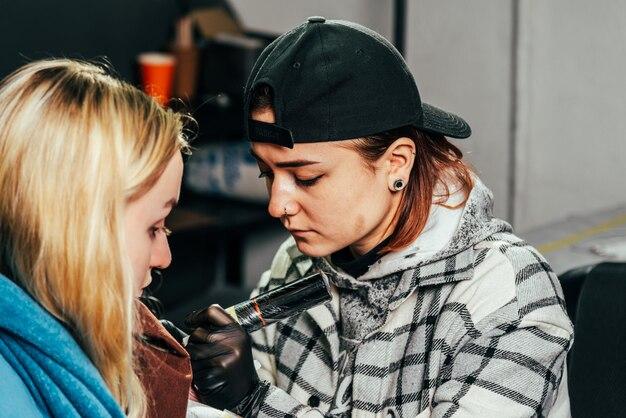
The environment where you tattoo plays a significant role in your success. A clean, well-lit, and ventilated space that complies with health codes is necessary. An organized workspace fosters professionalism and ensures that tools are within reach, while maintaining a sanitary environment minimizes the risk of infection.
The right furniture and fixtures can make or break a tattooing space. Comfortable client seating that allows access to all areas of the body, an artist’s stool that supports good posture, and proper lighting are crucial elements of the setup. Sufficient storage for keeping equipment sterile and easily accessible is also necessary. Ample space for guests to wait and browse through design portfolios will create a welcoming environment.
Tattooing Equipment and Supplies
The Tattoo Machine
Tattoo machines are the heart of the trade. Whether you’re leaning toward coil or rotary machines, it is essential to choose one that suits your style and comfort. Maintenance is key to the longevity of your tattoo machine; regular cleaning and tuning ensure consistent performance. In addition, artists should have a basic understanding of machine mechanics to troubleshoot any issues that may arise during a session.
Quality Inks and Color Selection
High-quality inks make for vibrant tattoos that stand the test of time. The selection of a color palette is an expression of an artist’s style while also meeting client preferences. The range of colors available can be overwhelming, but starting with the primary colors and black and white is a practical approach. Familiarity with the safety data sheets for the inks used, which outline potential allergens and chemical properties, is highly recommended.
Needles and Grips
Different tattoo designs call for various needle configurations—from liners for fine lines to shaders for filling. The grip is equally critical as it affects the artist’s comfort and control. Selecting a compatible needle and grip setup is vital for quality and precision in tattooing. Artists should also be familiar with the different types of disposable and autoclavable grips available on the market.
Hygiene Must-Haves
No tattoo procedure is complete without a comprehensive set of hygiene supplies. These must include disposable gloves, barrier films, surface disinfectants, and sterilization pouches among others. Keeping a well-stocked sanitation station is non-negotiable for the health and confidence of both the client and the artist.
The Importance of Practice and Building a Portfolio
Before inking on real skin, practice is crucial. Aspiring artists should hone their skills on practice skins or similar materials. Additionally, documenting each piece of work is the start of building a portfolio—a vital tool in showcasing an artist’s capabilities and attracting clients.
Numbered List for Practice Tips:
- Mimic real skin scenarios with various practice materials.
- Keep a detailed log of your artwork and progression.
Marketing Your Tattoo Business
In today’s digital age, an online presence is vital for business growth. A well-designed website along with active social media accounts can serve as platforms for showcasing work, engaging with potential clients, and creating a recognizable brand. Consistency in the style and presentation of work shared online helps in establishing an identity that people can trust and relate to.
Building relationships with peers and potential clients is immensely beneficial. Participation in tattoo conventions, art exhibitions, and community events can boost an artist’s visibility within the industry. Networking serves as an opportunity to learn from others, share experiences, and even collaborate on projects.
Below is a table outlining essential marketing strategies for tattoo artists:
| Strategy | Description | Benefit |
|---|---|---|
| 1. Social Media | Regular posts of your work on platforms like Instagram, Facebook, and Twitter. | Broad reach, engagement with audience |
| 2. Website Portfolio | A professional-looking website showcasing your best work. | Legitimacy, easy access for interested clients |
| 3. Client Referrals | Encouraging satisfied clients to refer friends and family. | Word-of-mouth marketing, trusted leads |
Navigating Licensing and Insurance
Securing the proper licenses is an important legal step in setting up a tattoo business. Acquiring insurance not only protects the artist but also reassures clients. These may include liability insurance, property insurance, and worker’s compensation if hiring other artists. Obtaining legal advice to navigate these aspects is a solid investment.
Numbered List for Legal Steps:
- Research and comply with local licensing requirements.
- Consult with an insurance agent to find the best coverage for your business.
Conclusion
The journey to becoming a tattoo artist is as complex as the art itself, requiring a blend of artistic talent, technical know-how, and professional diligence. From mastering the foundations and investing in quality equipment to continuous practice and savvy marketing, every step taken builds towards a successful tattooing career. Ultimately, it’s the marriage of creativity and commitment that will define your unique path in the tattooing world.
FAQs
Q1: Do I need to complete a formal education to start tattooing?
A1: While a formal education in arts can be beneficial, it’s not a requirement. An apprenticeship and training in safety protocols are essential.
Q2: How can I legally practice tattooing at home?
A2: Secure all the necessary health and safety permits and licenses to practice tattooing from your home complying with local regulations.
Q3: How much does it typically cost to purchase all the necessary tattooing supplies?
A3: Initial setups can range from several hundred to a few thousand dollars, based on the quality and quantity of the equipment and supplies.
Q4: Is it necessary to know how to draw before learning to tattoo?
A4: Good drawing skills are highly beneficial and will improve the quality of tattoo work, though they aren’t strictly necessary.
Q5: How do I build a portfolio if I haven’t tattooed anyone yet?
A5: Practice on faux skin and document these sessions. Also, create designs on paper to showcase your artistic capabilities.
